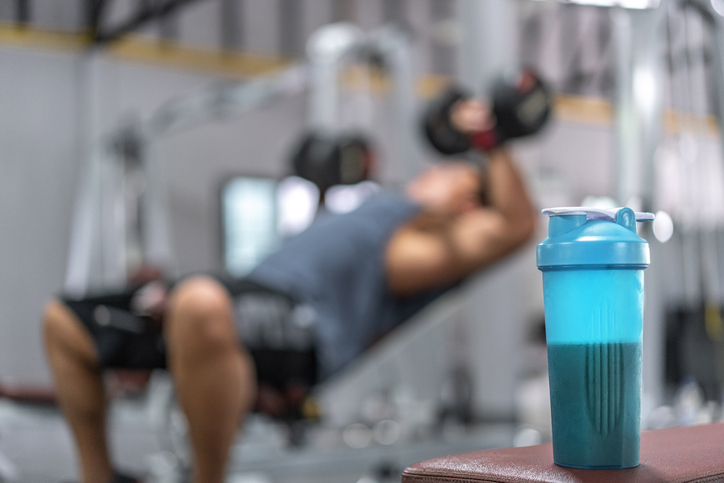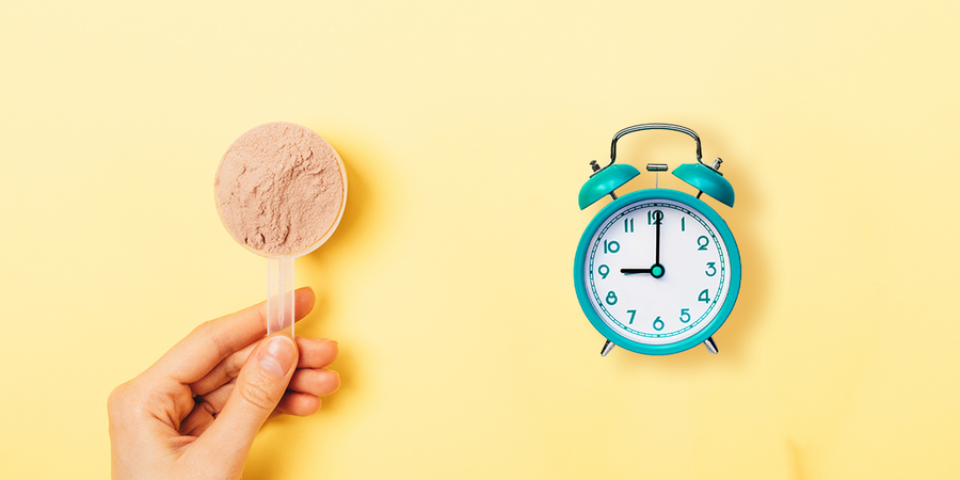No one can deny the importance of nutrition in achieving overall fitness, body composition, and athletic performance. Protein is essential for building muscle, but is the timing of when you eat it really that crucial?
Many fitness professionals emphasize the post-workout "anabolic window" and the importance of nutrient timing, claiming that protein intake must be perfectly timed to maximize muscle growth. However, recent research suggests that effective fueling may not be as time-sensitive as once thought. Regularly eating throughout the day may provide you with a larger window of opportunity to consume muscle-building protein post-workout.
While time may be on your side when it comes to the anabolic window, protein should still be a priority after any workout. Let's delve deeper into this topic.
Understanding the Anabolic Window Theory

The anabolic window theory suggests that there is a short post-workout timeframe (typically 30 to 60 minutes) where consuming nutrients, especially protein, is crucial for muscle recovery and repair. It is believed that failing to consume adequate nutrients during this window may lead to catabolism outweighing anabolism, hindering muscle growth and strength gains.
Expert Insights on the Anabolic Window
Recent studies indicate that the anabolic window extends beyond the traditional 30-minute timeframe, lasting around four to six hours post-workout. A meta-analysis published in the Journal of the International Society of Sports Nutrition concluded that total daily protein intake is more important than specific timing for muscle building.
However, this doesn't mean you should skip your post-workout shake. If it has been several hours since your last protein-rich meal or your next meal is still a couple of hours away, a post-workout shake can still be beneficial in supporting muscle growth.
Research also shows that individuals who consume a protein supplement post-workout tend to build more lean mass compared to those who do not. This is likely due to the overall boost in daily protein intake.
To promote muscle growth, aim for a daily protein intake ranging from 1.4 to 2.2 grams per kilogram of body weight. For example, someone weighing 150 pounds should aim to consume at least 95 grams of protein per day. A single serving of Beachbody Performance Recover provides 20 grams of protein, making it a convenient option to meet your daily protein goal.
Should You Focus on the Anabolic Window?

If the idea of a specific eating window seems overwhelming, consider taking a broader approach to fueling your body. Ensuring a consistent intake of protein throughout the day is key for muscle growth, says registered dietitian Wendy Lord.
Focus on consuming protein-rich meals and snacks every four to six hours, especially after exercising. By following a routine like having Greek yogurt for breakfast, a nut-filled snack mid-morning, and a protein-rich smoothie post-workout, you can optimize your daily protein intake without overthinking it.
Is Protein Timing Vital?
Protein timing, often associated with the anabolic window theory, involves consuming protein immediately after a workout to capitalize on the body's receptiveness to muscle-building amino acids.
Research conducted by experts like Brad Jon Shoenfeld, PhD, and Alan Aragon, MSc, suggests that the timing of protein intake may not significantly impact muscle hypertrophy. Their study found no significant differences in muscle growth between groups consuming protein before or after workouts.
In essence, the anabolic window is broader than previously thought, emphasizing the importance of protein intake rather than strict timing.
Final Thoughts on Protein Timing

Prioritize your total daily protein intake while still considering protein timing. A post-workout shake can aid in recovery and enhance progress regardless of your athletic pursuits. By ensuring adequate protein intake throughout the day, you can support muscle growth, optimize performance, and achieve your fitness goals.
